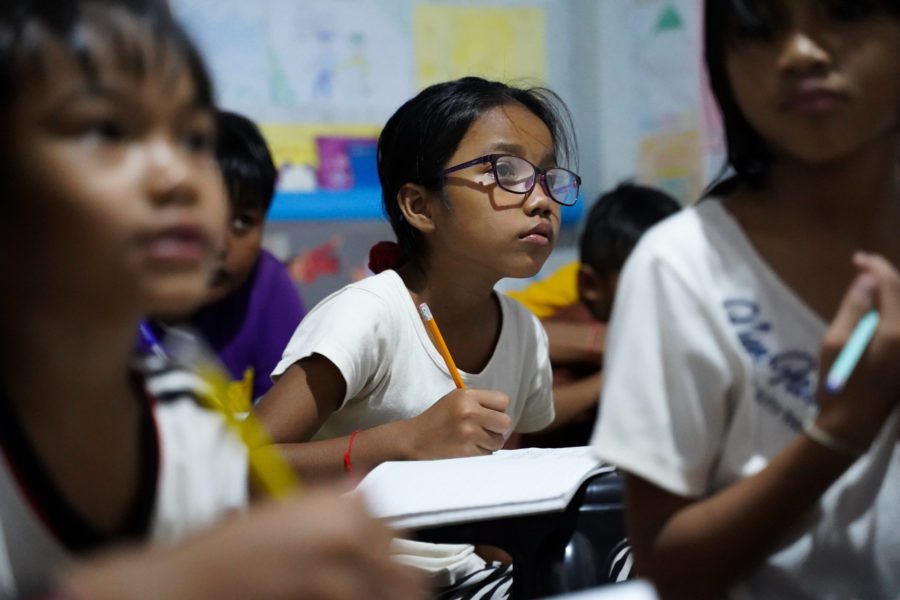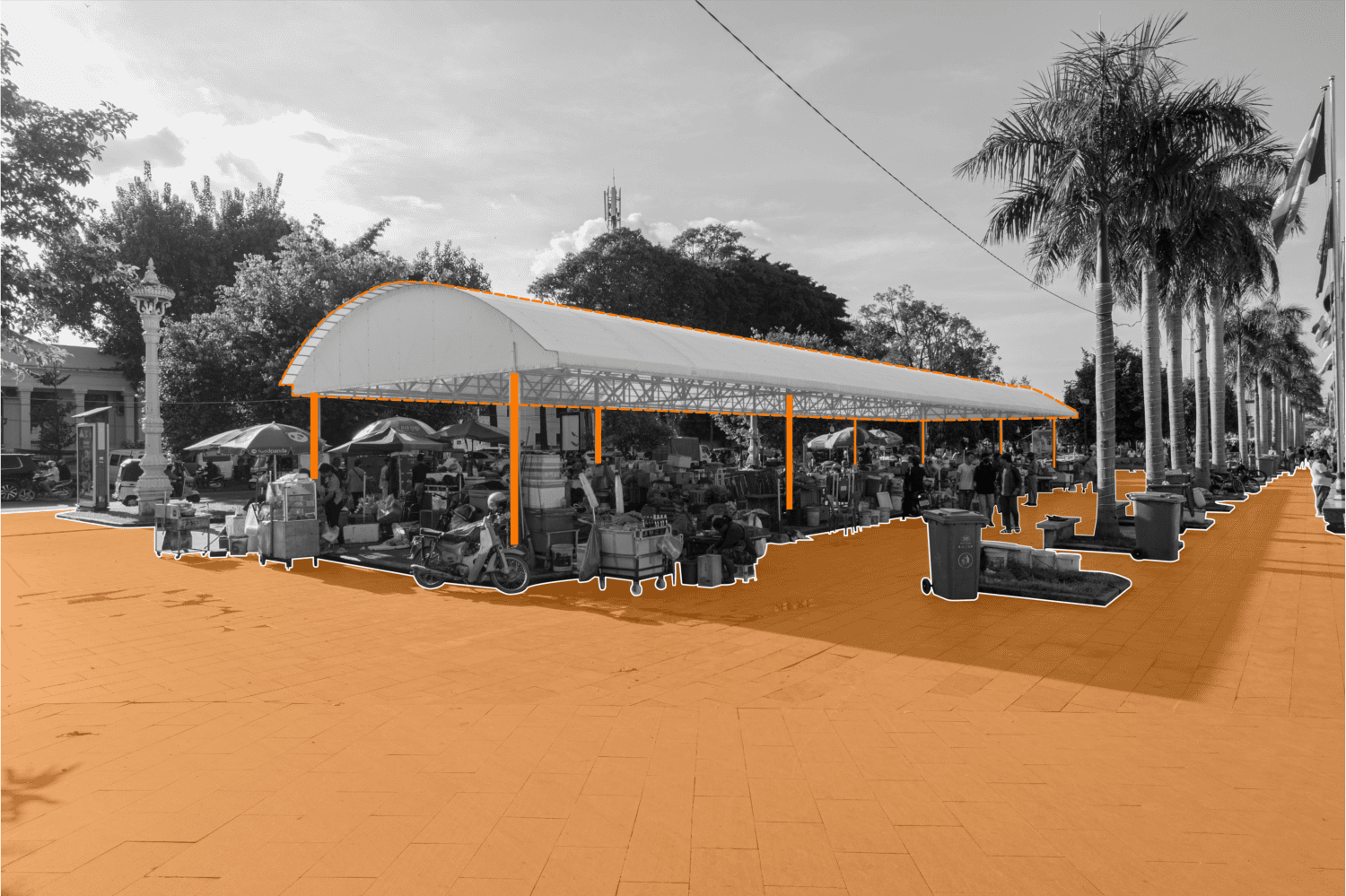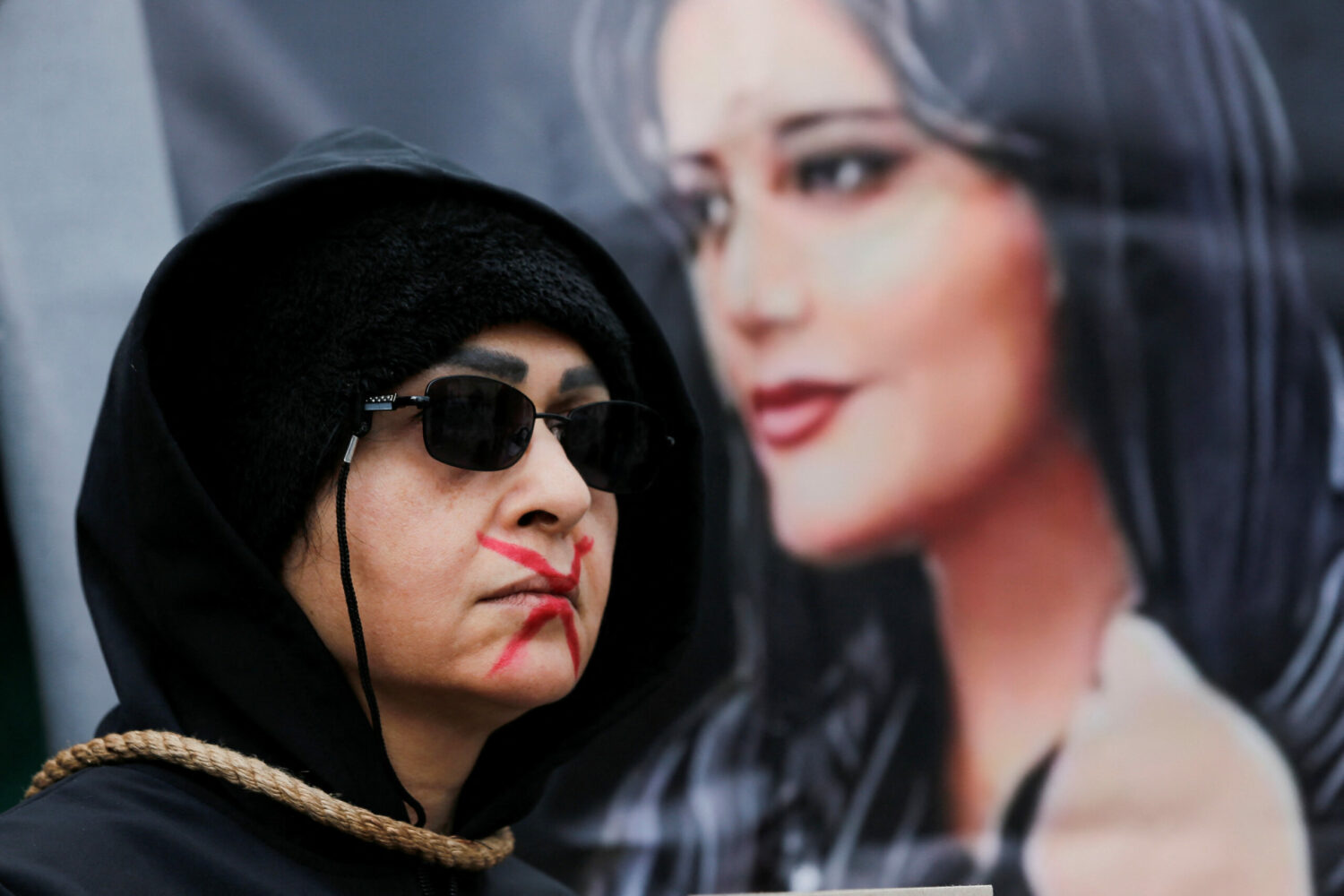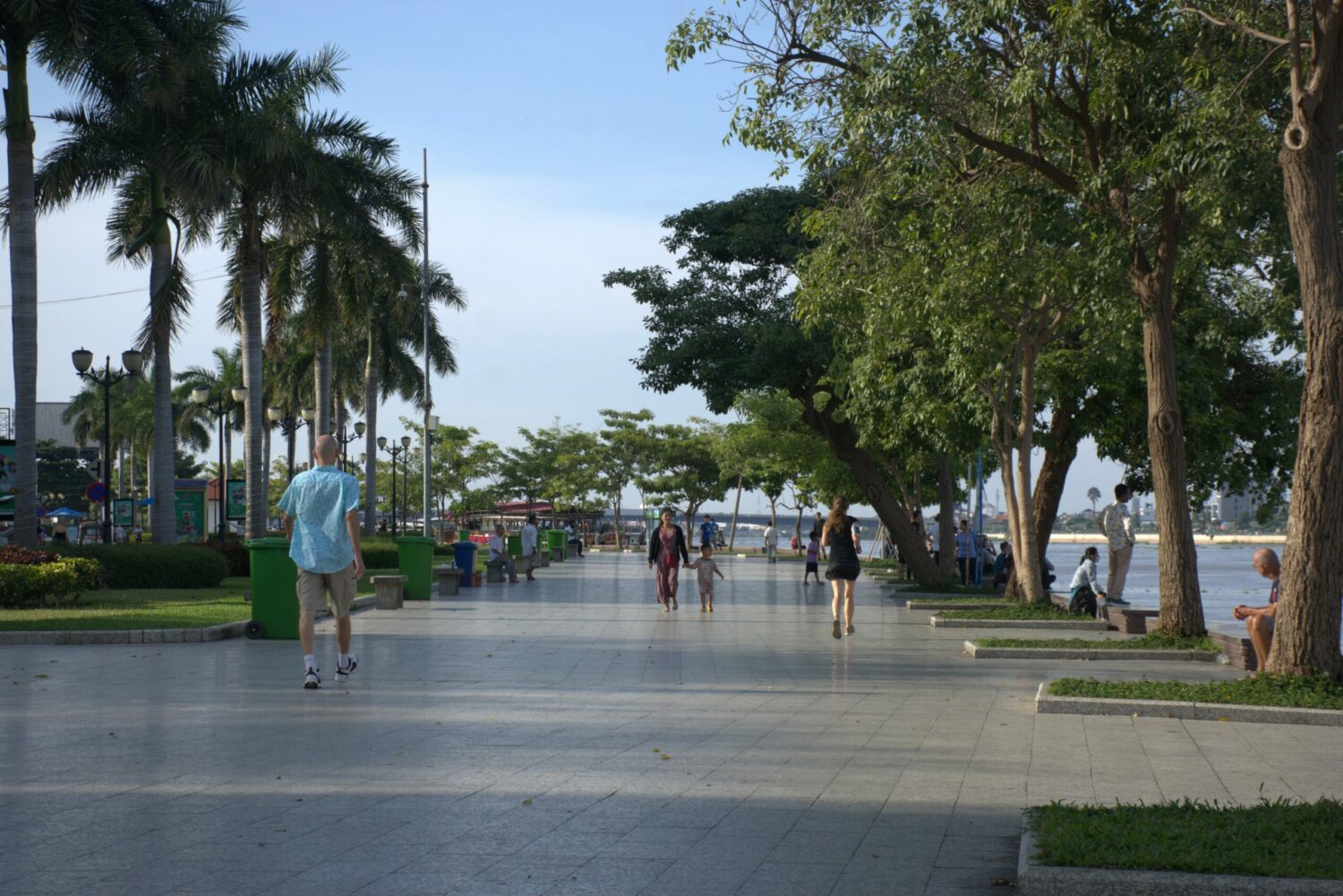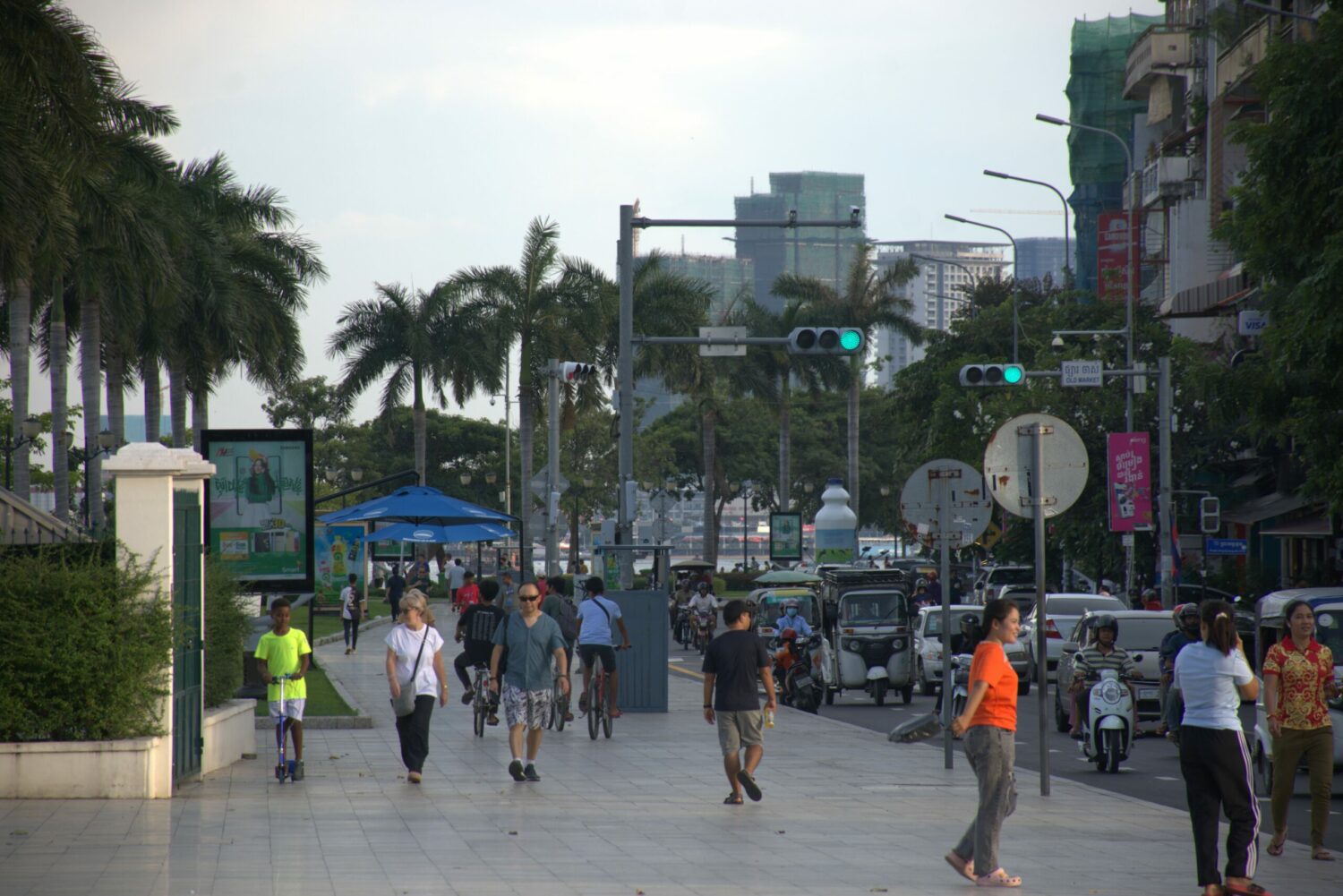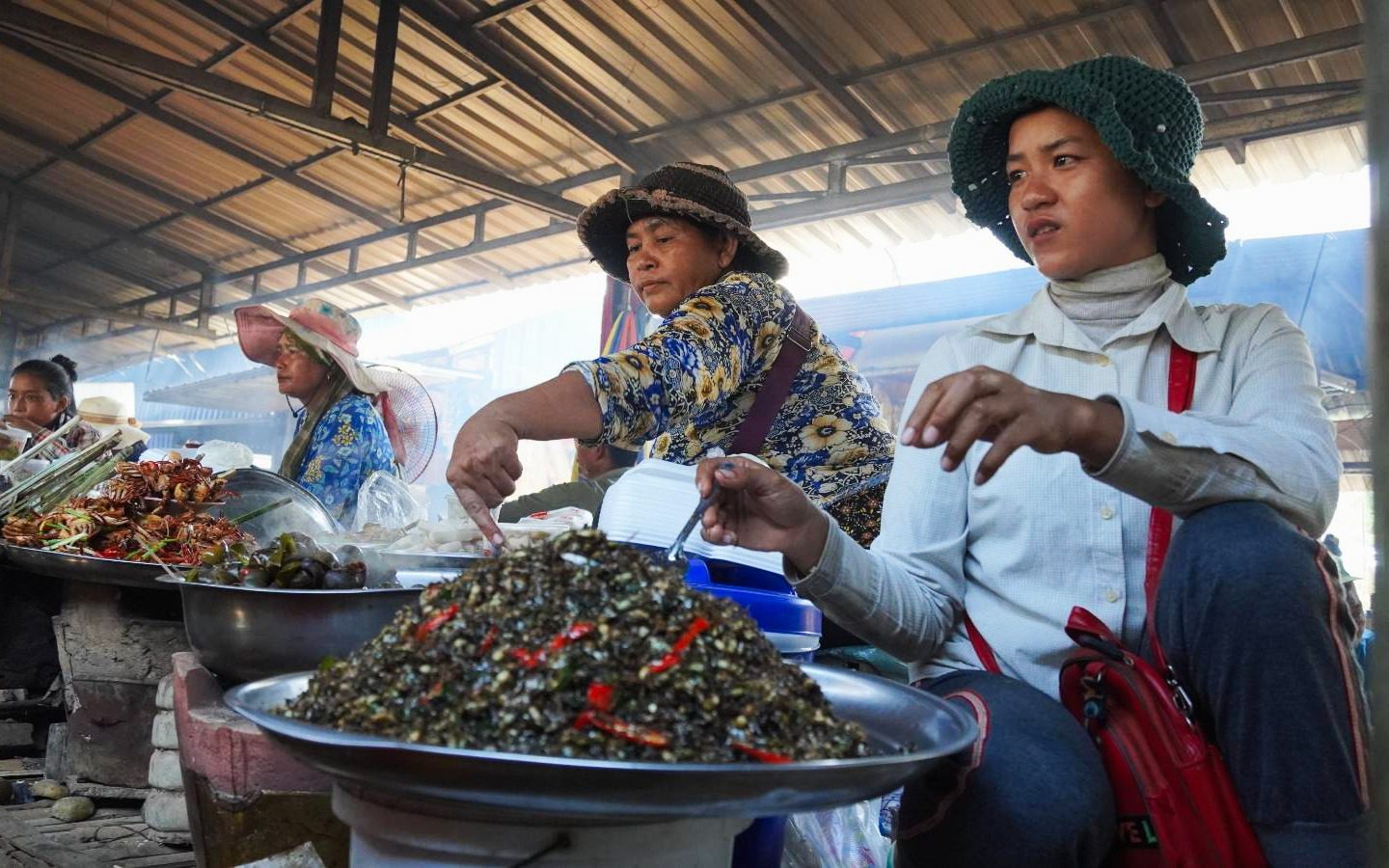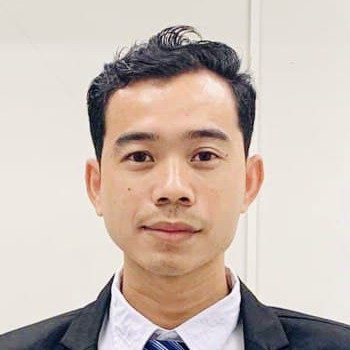 Neak Piseth is a founder of The Way of Life Cambodia, a nonprofit that promotes lifelong learning, and lecturer at the Royal University of Phnom Penh. He has a master’s degree in Non-Formal Education from Chulalongkorn University in Thailand.
Neak Piseth is a founder of The Way of Life Cambodia, a nonprofit that promotes lifelong learning, and lecturer at the Royal University of Phnom Penh. He has a master’s degree in Non-Formal Education from Chulalongkorn University in Thailand.
The outbreak of Covid-19 has wreaked havoc across most sectors in Cambodia. Education — crucial to developing the small country’s human resources — has been hit especially hard.
Schools closed their doors in February, after already seeing almost a year of on-and-off disruptions by that time. Since March last year, teachers and students have largely relied on online learning to replace most face-to-face classes.
Even as in-person classes now begin to gradually reopen, home and remote learning will be a key part of children’s education, continuing in parallel as a way to reduce class sizes and limit Covid-19 transmission risks. Amid the emergence of new variants, many are increasingly considering the likelihood that Covid-19 could be here to stay in some form.
Teaching and learning in this new normal raises new challenges for Cambodian education — especially when it comes to inclusive education and ensuring that all children receive a similar quality of education.
Immediate challenges in teaching and learning with an online component include the limited knowledge of some teachers and learners in using technology; poor internet access; insufficient teaching and learning materials, including lack of appropriate digital devices in some households; and the loss of motivation that many teachers and learners have experienced as they try to adapt to online platforms. Faced with these difficulties, the sector is struggling to provide quality education to Cambodian students, especially those living in remote areas with poor internet connections. The absence of in-person learning can affect students psychologically, leading to poor academic performance and students dropping out, and even depression and social withdrawal.
All these problems are challenges that the Ministry of Education, Youth and Sports is trying to tackle. Among its initiatives are the School Leadership Upgrading Program and Teacher Upgrading Program, both held at the Royal University of Phnom Penh, where I lecture, under the umbrella of the ministry. Though the program started pre-pandemic, in 2017, introducing standardized testing, upgrades to school infrastructure and improvements to teaching methods, it is now homing in on the new challenges of technology-based teaching. This requires new soft skills among teachers and school directors. For example, beyond technical skills, there are managerial skills required of teachers and school directors to engage students on different platforms beyond what they are used to in classrooms. Without school staff developing these essential skills, students will not be able to access equitable, high-quality and inclusive education.
About 420 secondary schools have so far been involved in the programs — 348 school directors, 235 teacher educators and more than 500 teachers — and they are set to expand to 1,700 schools at all levels from next year.
Other initiatives trying to adapt Cambodian education to the new normal include Krou Cambodia, a ministry website offering open educational resources; and E-School Cambodia, an online secondary school with its own mobile and PC apps. Several startups are also exploring further opportunities in digital learning.
Amid these efforts to make sure that Cambodian students are receiving equitable education, we also need to consider economic, political and cultural dimensions.
Most Cambodian families are low to middle income, and many are unable to afford smartphones, computers and hi-speed internet. There are some workarounds: We can conduct distance learning through traditional means like sending documents to students’ homes, using telephone calls to reach students, and broadcasting lessons via television and radio. But increasing Cambodians’ access to technology — and raising living standards more generally — should remain a priority for the country.
Politically, education policies must emphasize the need for children to receive equal opportunities in school as strategies are adapted to the new normal.
And finally, many Cambodian people still hold onto the idea that education can only happen in physical school classrooms. Many parents have put their children to work rather than continuing their education after schools closed, and surveys have shown that both teachers and students place less value on online learning compared to in-person classes. But learning is not the same thing as sitting in classrooms, and despite the many known benefits of attending school — especially social — open-mindedness will be key to avoiding letting precious months of childhood slip away.
Change is necessary; students, parents, educators and the sector as a whole must keep updating their thinking as well as their use of technology and other available tools to improve learning.
Adapting to the new normal is crucial to maintain the momentum of Cambodian education, so that everyone can access quality education. I sincerely hope that the Cambodian government, civil society and educators put their concerted effort into these challenges — some of which will require changes in mindsets. Clear policies and mechanisms to alleviate the impact of this pandemic on students will help Cambodia develop into the future.
Neak Piseth is a founder of The Way of Life Cambodia, a nonprofit that promotes lifelong learning, and lecturer at the Royal University of Phnom Penh. He has a master’s degree in Non-Formal Education from Chulalongkorn University in Thailand.


